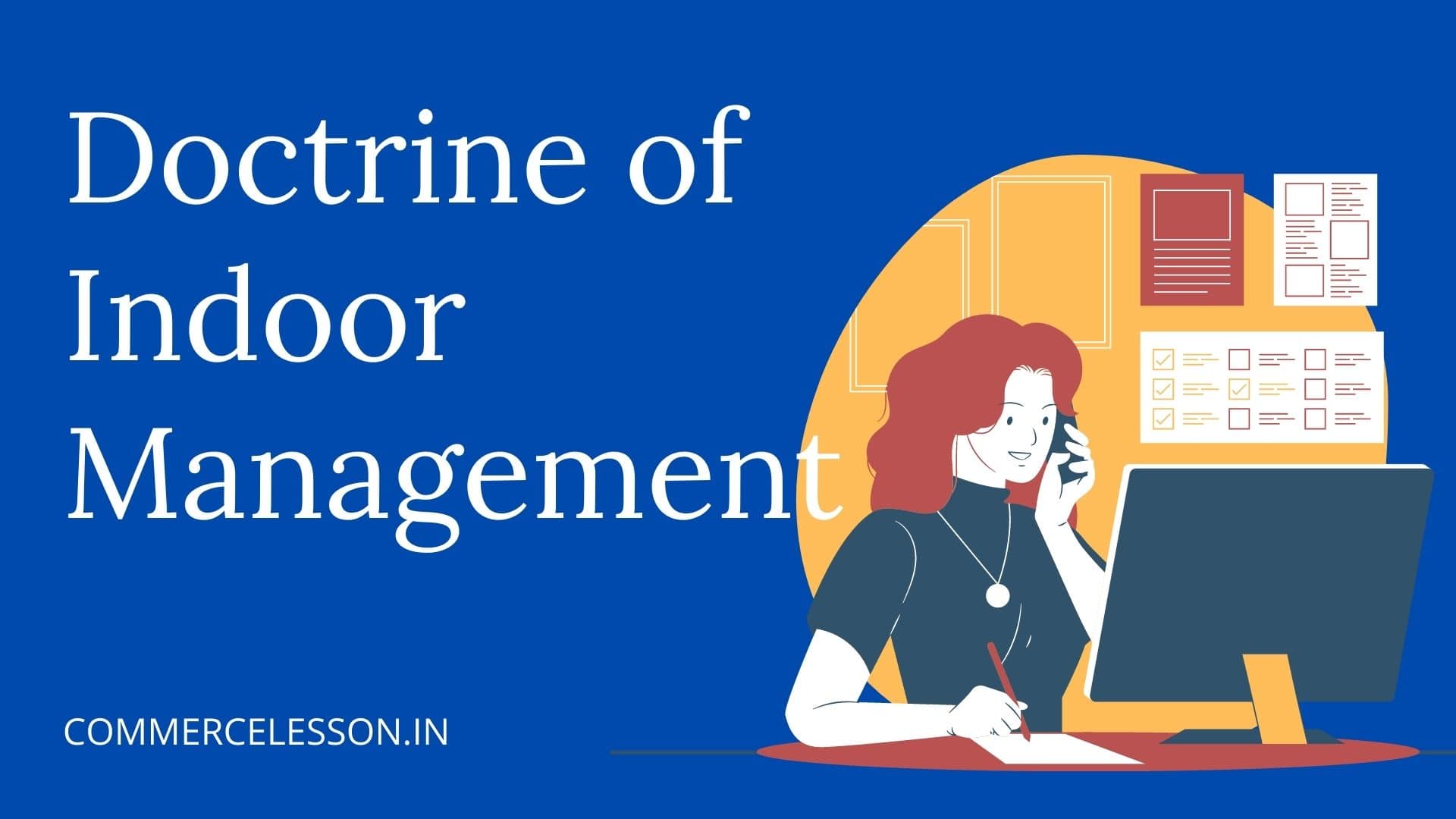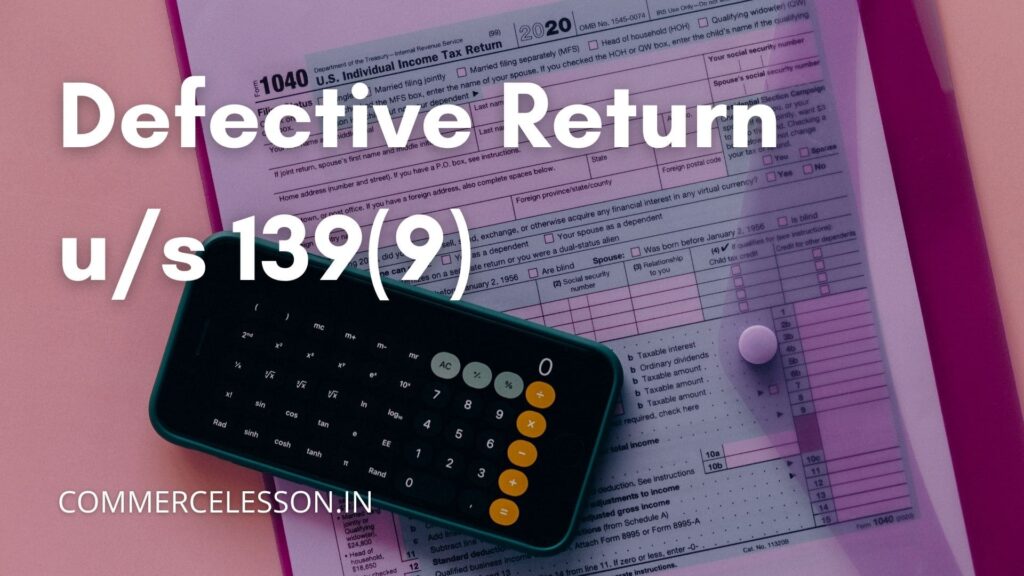In this article, we will discuss the Doctrine of Indoor Management. Illustration of this doctrine and also the exceptions to this doctrine.
Explain and illustrate doctrine of indoor management. What are the exceptions to this rule?
Doctrine of Indoor Management
There are no means to ascertain whether the necessary prior sanction and approval of the shareholders have been obtained. So, the outsiders who are dealing with the company are entitled to assume that the directors or other officers must have obtained the necessary prior sanction and approval of the shareholders when they are entering into business transactions. This is known as the doctrine of indoor management.
Illustration of this doctrine:
This doctrine was first laid down in the case of Royal British Bank v. Turquand (1856) 6 E & B 327. The fact of the case was that the articles authorized the directors to borrow on bonds sums of money as should be authorized to be borrowed from time to time by an ordinary resolution of the company in general meeting. The directors gave a bond to T without the company of any such resolution. The point of question was whether the company was liable on the bond. It was held that the company was liable on the bond because T was entitled to assume that the resolution of the company in general meeting had been passed.
Read also:
What is an illegal association? What are its consequences?
Define a private company. State its privileges and exemptions.
Who can be a director? State the modes of appointment of directors.
Who can be appointed as an auditor of a company? What are the disqualifications of an auditor?
Exceptions to this doctrine:
1. Void Acts: The rule of indoor management does not extend to transactions which are illegal and void ab initio and which involve forgery.
2. Knowledge of Irregularity: The rule does not apply where the outsiders have notice, actual or constructive, that the Directors have not the authority to enter into the transactions. In such case, the outsider cannot seek protection under the rule of indoor management.
3. Lack of Authority: The doctrine of indoor management does not apply if an agent of a company makes a contract with a third party and if the act of the agent falls outside the ordinary authority of the agent [Houghton & Co. v. Nothard, Lowe and Wills].
4. No knowledge of the Articles: The rule of indoor management does not protect a person who did not consult the memorandum and the articles and thus did not rely on them before entering into the transaction.
5. Negligence: The rule of management does not protect a person who behave negligently. Thus, when a director of a company does something which is not ordinarily within his powers, the person dealing with him must make enquiries and satisfy himself as to the Director’s authority. If he fails to make enquiry, he is estopped from relying on the rule of indoor management.
Liked our post?
We are available with lots and lots of commerce related contents.





[…] Explain and illustrate doctrine of indoor management. What are the exceptions to this rule? […]
[…] Explain and illustrate doctrine of indoor management. What are the exceptions to this rule? […]
[…] Explain and illustrate doctrine of indoor management. What are the exceptions to this rule? […]
[…] Explain and illustrate doctrine of indoor management. What are the exceptions to this rule? […]